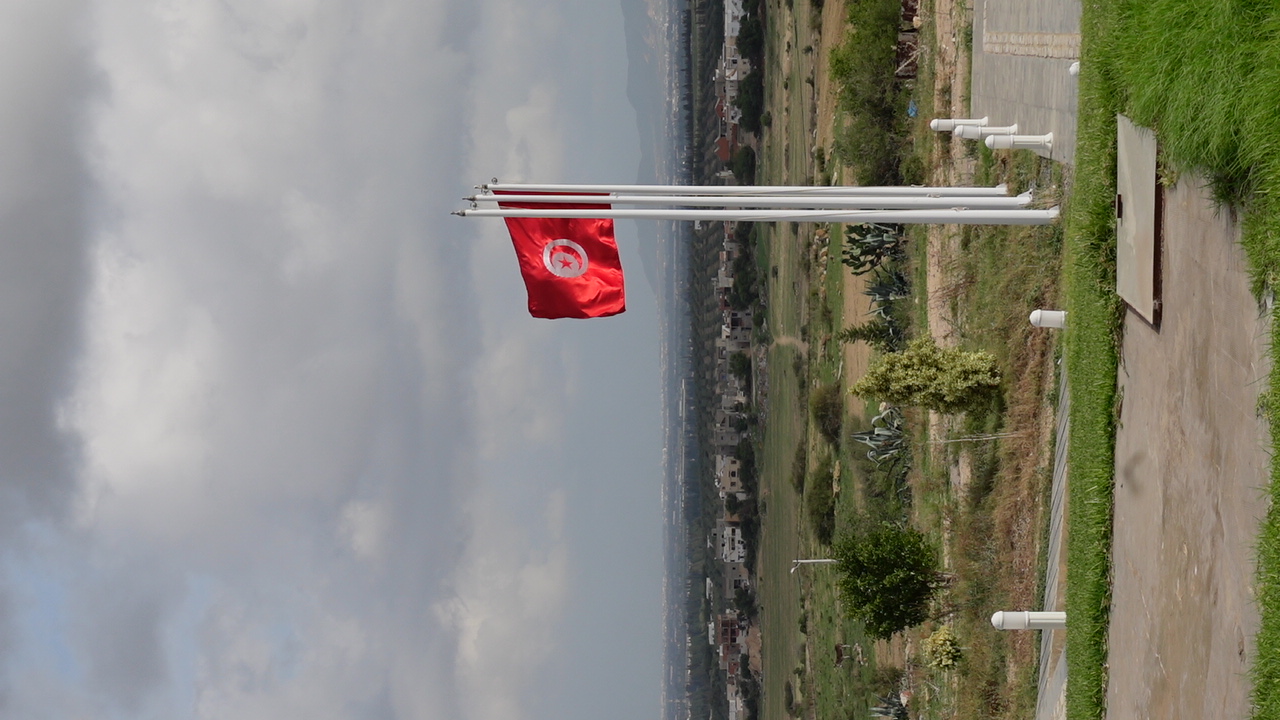How to Prepare for Your Medical Trip to Tunisia: A 6-Step Checklist

You’ve made an excellent decision and are on your way to receiving treatment from skilled doctors in beautiful Tunisia. For many, this is their first time seeking medical care abroad, and it’s natural to have questions about preparation. A little planning goes a long way in ensuring your journey is smooth, comfortable, and stress-free.
Here are six essential tips to help you prepare for a successful medical trip.
1. Get Your Documents in Order
Proper paperwork is the foundation of smooth international travel. Before you go, double-check the following:
- ✓Passport Validity: A common rule for international travel is to have a passport that is valid for at least six months beyond your planned departure date.
- ✓Visa Requirements: Most nationalities can enter Tunisia for up to 90 days with a simple visitor stamp, which is more than enough time for the majority of medical procedures. However, you should always verify your specific country's requirements.
- ✓Essential Records: Keep digital and physical copies of your medical records, flight information, hotel confirmation, and contact details for your medical coordinator and clinic.
If your procedure requires a longer stay or your nationality requires a visa for entry, a medical travel coordinator can manage the entire application process for you.
2. Make Key Medical Preparations
Coordinate with your healthcare providers at home and in Tunisia to ensure you are ready for your procedure.
- ✓Consult Your Doctors: Speak with your doctor in Tunisia to confirm you have all the necessary medical documents. It’s also wise to check with your doctor at home to ensure you are healthy enough for international travel.
- ✓Plan Your Medications: Pack all necessary personal medications to last your entire stay, plus an extra week's supply as a precaution against any unforeseen delays. Keep them in their original packaging with the prescription information.
3. Pack for Comfort and Recovery
Packing for a medical trip requires a slightly different approach than a typical vacation.
- ✓Comfortable Clothing: Bring loose-fitting, easy-to-wear clothes that will be comfortable during your recovery.
- ✓Electronics: Tunisia uses a 220V electrical system with European two-pin sockets (Type C and E). Remember to pack chargers and a universal travel adapter for your devices.
- ✓Recovery Entertainment: You’ll have plenty of downtime while you rest and recover. Bring books, download movies, or pack puzzles and games to keep yourself entertained.
- ✓Specialty Items: If you have sensitive skin and require special detergents, consider bringing your own, as the brands available locally may differ.
4. Plan for Easy Communication
Staying connected in Tunisia is simple. The country has a modern mobile network with 5G coverage, and Wi-Fi is standard in clinics and hotels. You have three main options:
- ✓International Plan: Contact your current mobile provider to activate an international roaming plan.
- ✓Local SIM Card: Purchase a prepaid SIM card from a local provider like Ooredoo or Tunisie Telecom upon arrival at the airport.
- ✓eSIM: Many companies now offer travel eSIMs that can be downloaded and activated on your phone before you even leave home.
5. Organize Your Finances
The local currency is the Tunisian Dinar (TND).
- ✓Inform Your Bank: Let your bank and credit card companies know your travel dates to prevent them from flagging overseas transactions as fraudulent.
- ✓Cards and Cash: Most hotels, restaurants, and shops in urban areas accept credit and debit card payments. It’s always a good idea to have some cash for smaller purchases. The easiest place to withdraw Dinars is from an ATM at the airport or at a bank near your hotel.
6. Prepare Your Mindset
Traveling to a new country is an exciting experience. Be prepared to hear different languages (Arabic and French), experience new customs, and enjoy delicious new foods. Embrace the mindset that things aren’t better or worse, just "different."
- ✓Stay in Touch: Inform close friends or family about your travel itinerary.
- ✓Learn a Few Phrases: Learning simple phrases in Tunisian Arabic (“Tounsi”) or French, such as "Aslema" (Hello) or "Merci" (Thank you), is a wonderful way to show respect and connect with local people.
With these preparations handled, you can travel with confidence and focus on what truly matters—a smooth procedure and a healthy recovery.